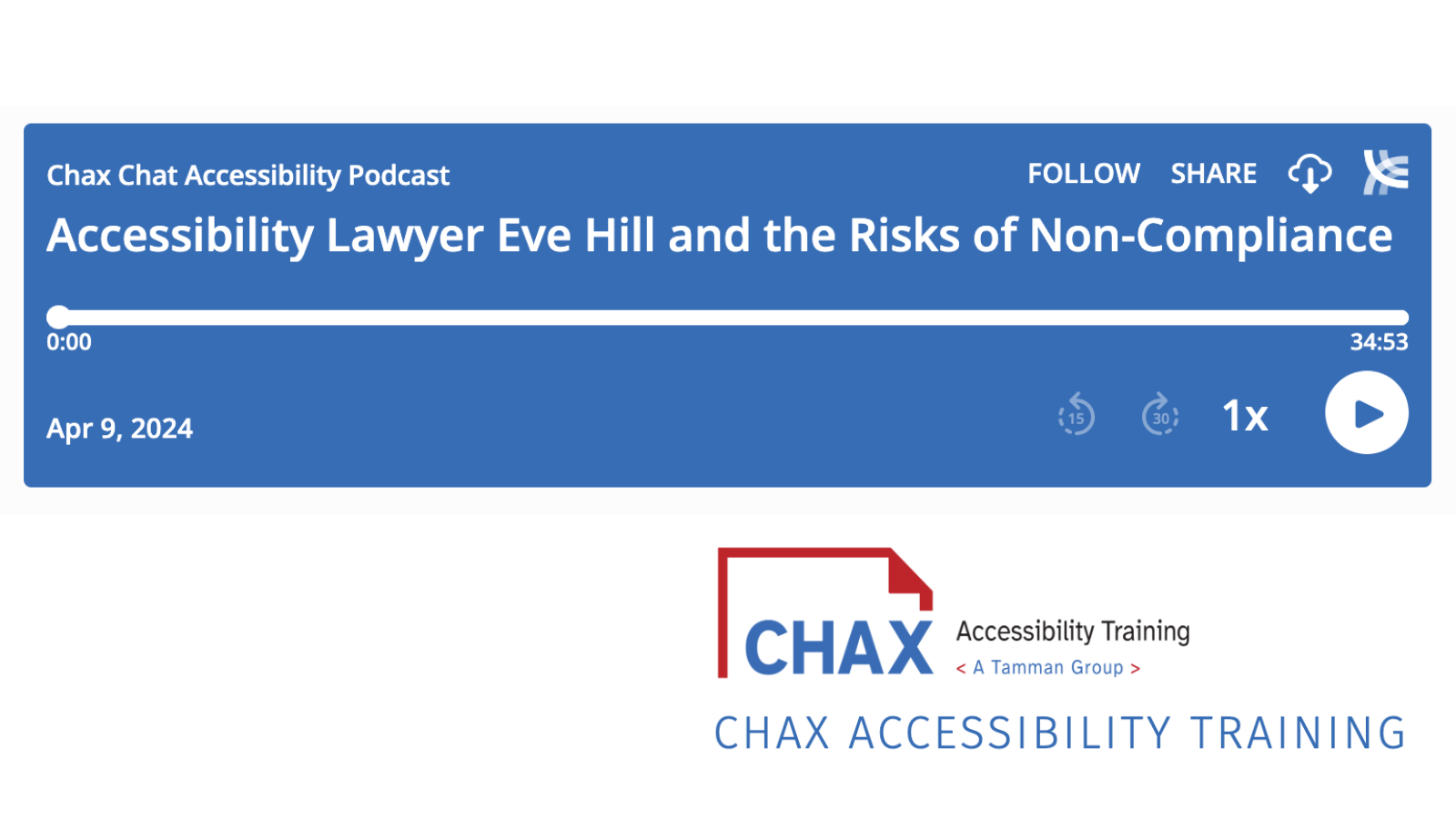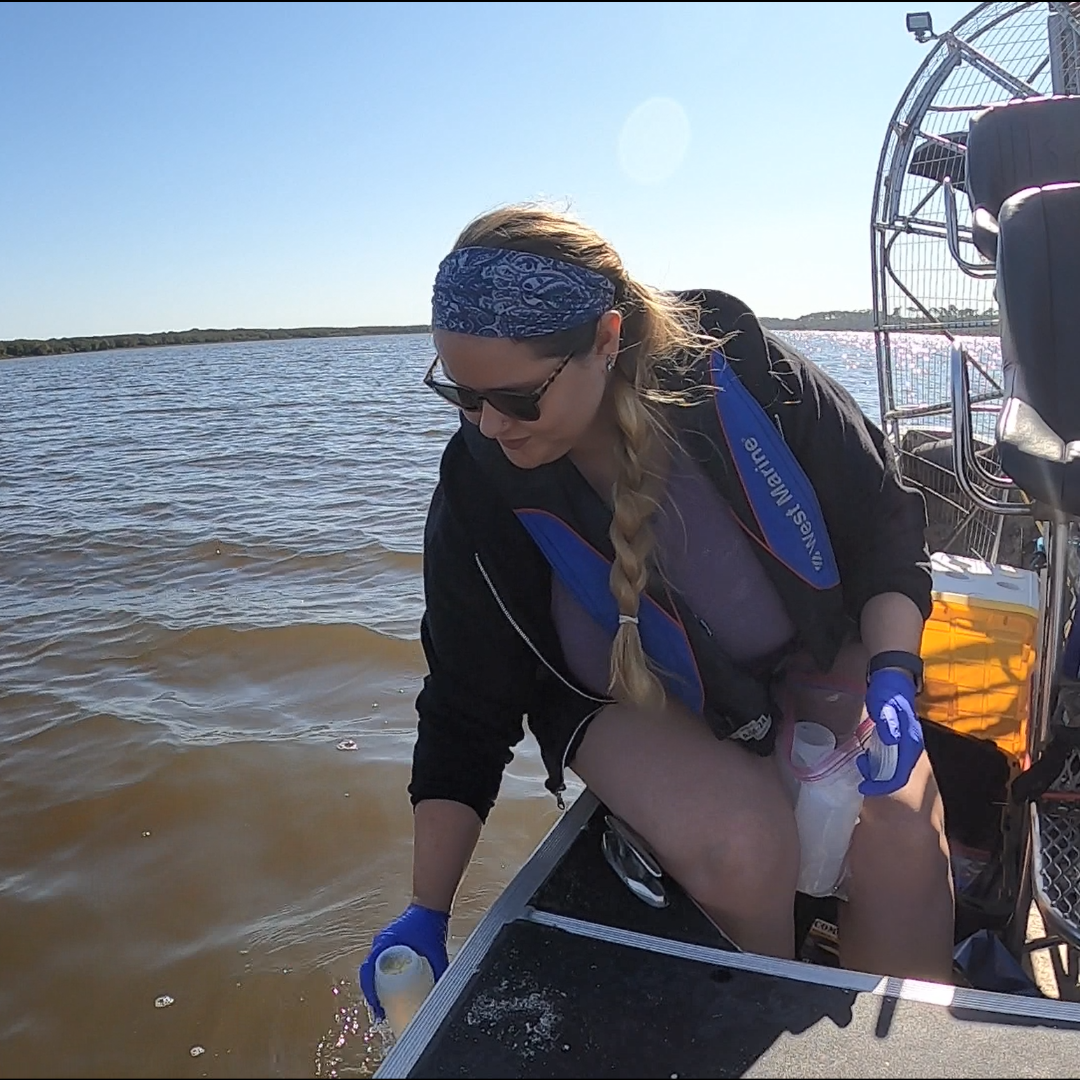Where Are They Now with Gretchen Spencer – Technologist
Where Are They Now is a recurring segment of Florida Sea Grant’s Sea Scholars Newsletter, where a previous student reflects on their personal and professional journey. This blog highlights Gretchen Spencer, a 2023 Knauss Fellow.
Gretchen Spencer headed to the U.S. Capitol for a NOAA Research Hill briefing.
For many students, feeling like a fish out of water is an unwelcome side effect of doubt, fear, and unfamiliarity. But for Gretchen Spencer, that feeling is a one-way ticket to success.
It’s that curiosity that pushed Gretchen to first apply for the Sea Grant 2023 Knauss Fellowship, where she was selected as a policy analyst for the Chief of Staff in the National Oceanic and Atmospheric Administration’s (NOAA) Research office. She also staffed the Ocean Science and Technology Subcommittee (OSTS), an interagency body responsible for developing strategies and goals for the Executive Office of the White House.
“Get comfortable being uncomfortable,” Gretchen said, recounting advice she received from Steve Thur, PhD, assistant administrator for NOAA’s Research. “It definitely helped me with the kind of chaos that was the fellowship because, you know, you’re being thrown into a space where a lot of us have no idea what we are doing.”
The year-long fellowship began in January of 2023, but Gretchen’s interest in marine science bloomed long before then.
Her lifelong love for the ocean and its animals led her to study marine science at the University of Maine, where she began working at a laboratory with her academic advisor and phytoplankton ecologist Lee Karp-Boss, PhD, studying phytoplankton and the physical and biological interactions surrounding their species compositions.
Following her graduation in 2018, Gretchen knew she wanted to pursue a graduate degree but she wasn’t sure in which niche. It wasn’t enough to study the science — she wanted to share it with others.
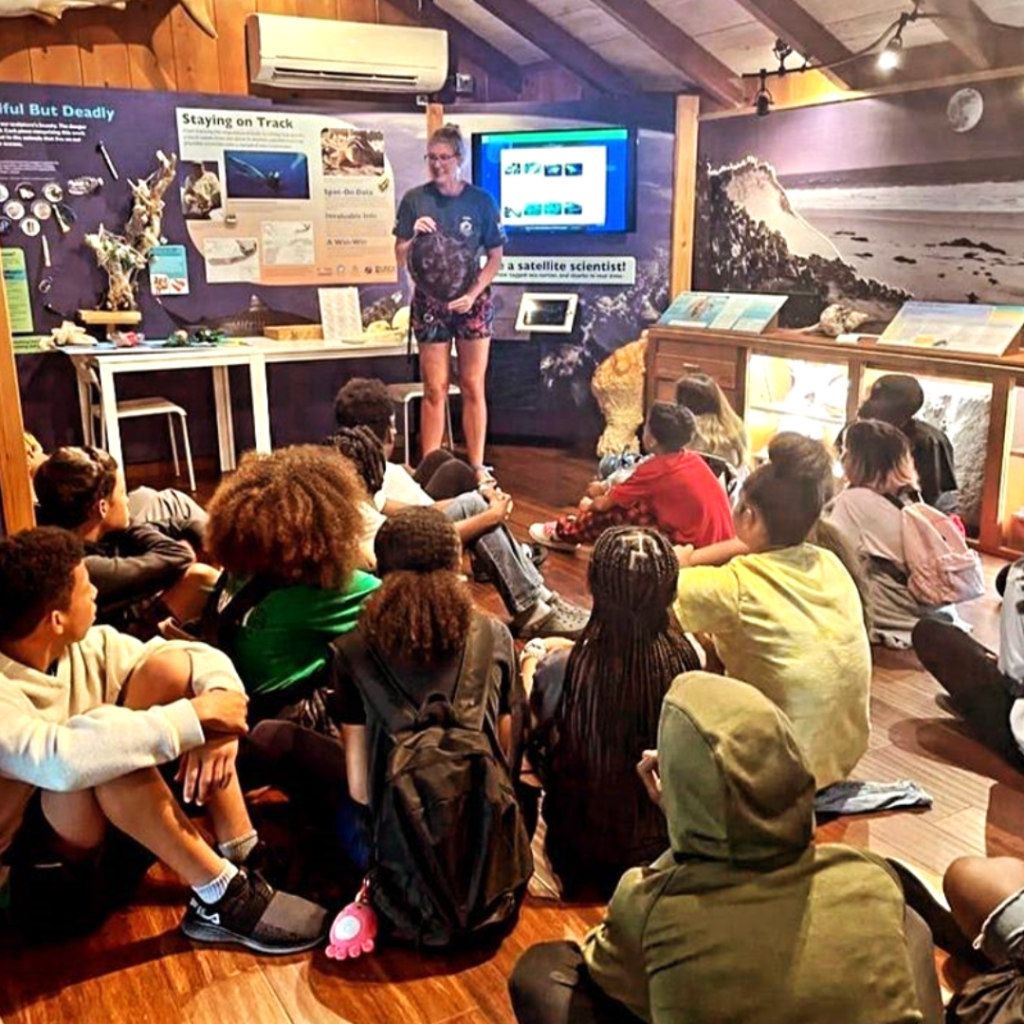
Gretchen teaching students at the NSU Marine Environmental Education Center (MEEC).
“Both my parents are in the education field, so I was very much kind of in the education space all throughout my life,” she explained. “So I very quickly recognized that I have this strong passion for teaching people [and] giving backout to the public.”
Her uncertainty led to exploration during a two-year gap in her academic career. Gretchen worked as an admissions counselor for the University of Maine, where she traveled to talk with prospective students about their futures at college. She also worked as a laboratory tech for the university’s School of Marine Sciences. During this period of exploration, the uncertainty faded.
“I would come home and be like, okay, I miss the science,” she said. “I want to be in this field. How am I going to pursue it?”
In the fall of 2019 she began applying to master’s programs, but the COVID-19 pandemic disrupted the admissions process for many of her applications. Despite this obstacle, Gretchen was accepted into the marine science masters program at Nova Southeastern University (NSU).
At NSU, Gretchen specialized in coastal management and biogeochemistry. With the flexibility of starting her degree remotely her first year, she stayed in Maine to work as an education technician for her father’s elementary school, simultaneously pursuing her passions for science and education. After moving to South Florida to continue her studies in-person, Gretchen worked as the Education Program Specialist at the Marine Environmental Education Center where she was able to blend her science, teaching, and communication skills to create informative field trips for children at the Center.
In her first semester, her science communication professor Tyler Cyronak, PhD, took note of her skills. While Gretchen was presenting a policy plan for reducing plastic pollutants in Florida, Cyronak envisioned how to turn her policy-research ideas into tangible community impacts.
Her thesis focused on the biogeochemical cycles occurring in the mangroves located in West Lake Park in Hollywood, Florida. Students taking tours of the public lake could be educated on the how, when, and why of Gretchen’s research in partnership with the university.
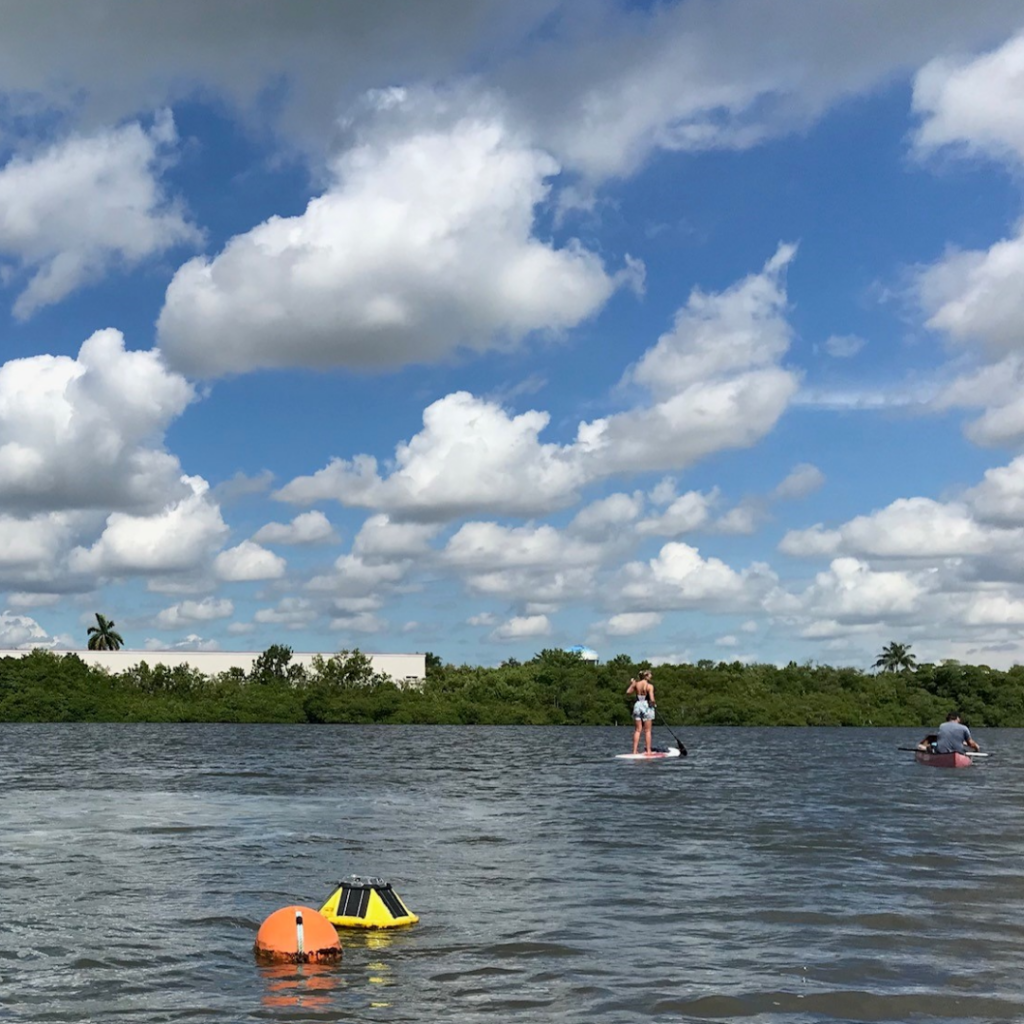
Spencer and Cyronak completing field work in West Lake Park in Hollywood, Florida. A Sofar spotter buoy, along with two other sensors, were used to collect in-situ temperature and dissolved oxygen measurements. Photo by Stephen Coleman.
“The big idea was to build up my project so that you could actually then translate the process into a classroom field trip for younger students,” she explained.
While the project was unfortunately disbanded after Cyronak left the university, Gretchen’s interest in policy and public-facing work had only just ignited. The next year, she applied for the prestigious John A. Knauss Marine Policy Fellowship and was selected to serve as one of five fellows representing Florida Sea Grant at the national level in Washington, DC.
“The goal was to find a sweet spot between science, education outreach, and policy”, Gretchen said. As a Knauss Fellow, you are in a position at the forefront of where science influences legislation, and positively impacts ecosystems.
“That was a really cool experience, because not only was I working with NOAA people, I was also working with people from the Department of Interior, NASA, National Science Foundation, EPA,” she continued, “Everyone’s bringing pieces to the table to try and better that kind of community.”
In the OSTS, Gretchen helped develop documents on marine carbon dioxide removal for the White House and the United States Ocean Acidification Action Plan. Other aspects of her work included attending meetings, prepping briefs, assisting Thur on Capitol Hill, and communicating with representatives from NOAA and other agencies. The fellowship was fast-paced, exciting, and out of her comfort zone.
“It’s a great opportunity to get your hands wet in the policy world,” Gretchen said. “Fellows get a bird’s eye view of how the United States’ environmental policy works across the country, if not internationally.”
Currently, Gretchen works for Groundswell, a contracted company within NOAA Research’s Office of Science Support. There she supports the NOAA Research and Development Enterprise Committee (RDEC) and other NOAA Science Councils. In this role, she offers assistance to research and development projects by assisting with conflicts, staffing, and project management. She acts as an executive by creatively building ideas on how to make scientific research more accessible.
As she reflects on her personal and professional journey to where she stands now, Gretchen fondly remembers her first experiences in a laboratory with Dr. Karp-Boss. While Gretchen didn’t share the same scientific enthusiasm for phytoplankton as her advisor, she found inspiration that has continued to drive her throughout her career. No matter how small each new discovery was, Dr. Karp-Boss’ face would light up.
“I would come in and I would say, ‘That’s the face I want to have one day for the job I’m doing.’” said Gretchen.
Excited, uplifting, coming in with your best attitude every day — that’s the mindset she has used to approach new opportunities, however uncomfortable or unfamiliar.
As Gretchen reflects on familiar advice from Cyronak, she provides some of her own to students looking for new opportunities. She advises them to build their multidisciplinary skills and network. While hard science may be the majority of your work, you still need to be able to translate your research into a presentation for an audience. Soft skills will help your hard science skills go farther, especially with the help of your connections.
“If I’ve learned anything from my fellowship, it truly is the people you know,” Gretchen said. “Because the people that you know, know someone, and they might know somebody. It’s just getting your name out there [and] talking to people.”
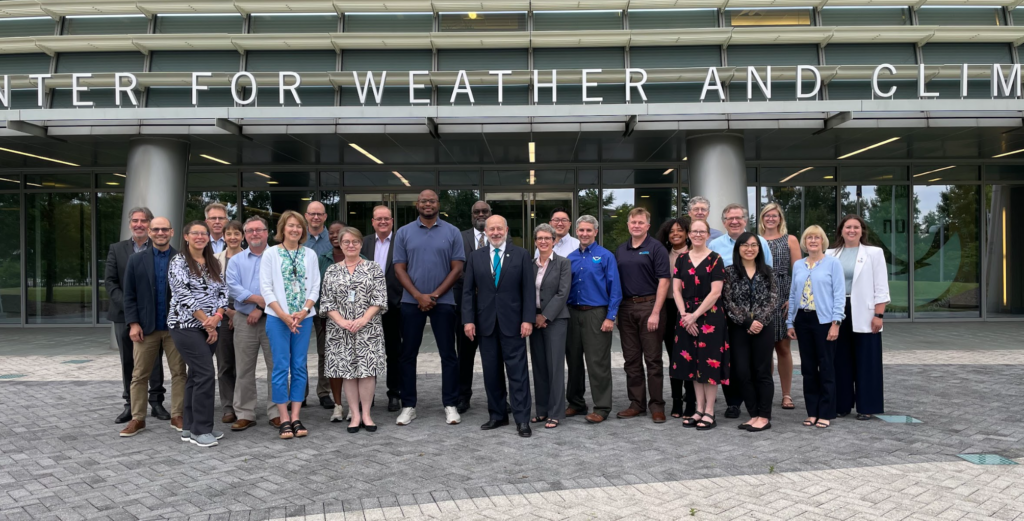
Gretchen Spencer with NOAA Administrator Dr. Rick Spinrad, Assistant Secretary of Commerce for Environmental Observation and Prediction Dr. Michael Morgan, NOAA Research Assistant Administrator Dr. Steve Thur, leadership and staff at the 2023 fall Senior Research Council meeting, that she facilitated in College Park, MD.
If you’d like to learn more about the Knauss Fellowship with the Florida Sea Grant, please visit the page on our website.
